Entitled to Empowerment: Part 3 on working with Millennials
In this three-part series, we spend some time unpacking what we’ve learned about hiring and working with Millennials in a professional services environment. Catch up on Part 1 and Part 2 of this series!

Every generation finds the one that follows confusing and often scary, but few seem to have been as professionally difficult to understand as Millennials. I regularly hear business owners and leaders scratch their heads and groan about Millennials. What do they care about, how do I motivate them, how do I retain them or incentivize them effectively? I watched a former boss, a very astute and experienced manager overseeing hundreds of employees, fight mightily to tow the traditional line and suppress the undercurrent of forces pushing up from his young (increasingly millennial) workforce. The company struggled mightily with it and now sits somewhere in the middle, trying to put a glossy veneer on a traditional environment. The symptoms of this disconnect are extremely high turnover, tons of negative GlassDoor reviews and a subversive undercurrent of dissatisfaction that leadership constantly combats. In this series, I hope to punctuate how a committed reader could improve their own business and avoid some of these pitfalls.
Depending on who you talk to, Millennials are those born from the early ’80s to early 2000s. I was born in 1981 and think of myself as able to walk the line and observe the old and new mindset. Millennials are a demographic of extremely bright, motivated, digitally-literate, complex and hard-working individuals, but their talents must be tapped in a way that coincides with who they believe they are. After all, they make up 28% of Portland’s population and 26% Nationally. If you get it right, you have the opportunity to hire and promote from the largest demographic in America. If you fail, you will find your company aging and struggling to keep up with nimble, innovative newcomer competitors coming at you from all directions.
At Upward Technology, we have been effective in hiring, managing and promoting Millennials up through our ranks, and I hope some insights may be valuable about how we’ve done it. This is a three-part series: Who Are Millennials, What Motivates them Professionally, and What Can Any Business Do to Adapt to the Needs/Wants of this Generation?
What Can Any Business Do to Adapt and work well with Millennials?
In the opening article, I mentioned a previous employer who ran the business in a very old-school way. Work harder, make more money. This message was consistent and true but somehow didn’t resonate with many Millennials they employed. This was further exacerbated by a culture that didn’t allow much grass-roots innovation. Spending more time in the office, away from family and friends, without the ability to innovate, all in the name of the almighty dollar wasn’t fulfilling. The only outlet to frustrations was to put in more hours in the hopes of making more money. In this final article in this series, I will attempt to explain what we do at Upward that has been effective in hiring and retaining Millennials.
As a disclaimer to the following advice, unless you are really interested in taking a sincere run at revamping key elements of your business, and putting your time and money behind it, heeding this advice will be largely futile. As I mentioned previously, Millennials, in particular, can smell a lack of inauthenticity a mile away, so unless this is ingrained it won’t help you, you would be better off being authentically obstinate.
Mission & Values
Perhaps the best single piece of advice I can offer: capture the “bigger” reason behind coming to work every day. As mentioned before, Millennials don’t necessarily get up for a paycheck. They get up to be a part of something, make a difference, create a legacy, collaborate with a community. Get your people together and get them to channel the reasons, whatever they may be, then boil them all down to the simplest, most concise sentences possible. This is a big time commitment: for us, it took nearly 10 hours over two days with six people in the room to nail just 4 values! And two years later we are still working on revising our Mission or Noble Cause and likely adding another value! This won’t and shouldn’t ever end up as a static plaque on a wall, it’s a living piece of our company DNA.
The current Upward values in a nutshell: Integrity, Creativity (innovation), Processes and Systems (not sexy but empowering) and Ambition. This may not sound like much, but these values have rooted us in a set of traits that all teammates share. As we pursue B Corp status (another more advanced opportunity to engage your team) we are revamping our Mission to effectively convey our commitment to the “shareholders” we support, which includes our community, the environment, and employees, not just our traditional equity shareholders. Our simple values became the bedrock of what we do. We ask: Does this new hire, decision, tone, blog post, comment, etc. honor our values? The consistency and egalitarianism create trust and authenticity while empowering every employee equally across a level playing field.
Technology and Innovation
Treat technology like a profit center, rather than a cost center. Granted this is a little self-serving for a technology company to assert. Like it or not, innovation is a key Millennial value as I outlined earlier, so invest in it. This needs to be handled cautiously, as we have seen many companies allow employees to introduce their favorite apps into their workflows, only to create a jumbled mess of data silos. But if executed properly, you can provide your team with the ability to innovate their way out of operational problems and create new competitive advantages. At Upward, we have developed our entire ticketing platform for customer issues and project management from the ground up and involved every single employee in development. This is a philosophy and approach that we employ for most company initiatives. This doesn’t mean we always make company decisions through consensus or by vote, it just means we empower anyone to point out an area for improvement, then work together to design a better way. We do this because we know we don’t understand their jobs as well as they do, and we trust that they embody our core values. This is a subtle paradigm shift, but an important one.
Culture & Purpose
There is a lot of talk these days about “culture” at companies. I think that the piece most companies miss as they try to create culture is that it has less to do with in-office yoga sessions and kegerators as it does with a focus on what you get done together in pursuit of your collective mission. For instance, in my previous job, the company was wildly successful, which created a huge rallying point. “Culture” was a constant topic, and it felt good to be part of a winning team, however, the rewards were entirely individualistic. Mediocre technology, little work/life balance, and no fundamental “purpose” aspiring for anything beyond money was a recipe for disenchantment. High-turnover was a huge distraction for managers like myself, and some simple adaptations would have helped a lot.
At Upward, we have an increasingly diverse team, and we strive to honor that by creating a sense of collective purpose. This can be both intrinsic and extrinsic, as we continually increase the amount and ways we “share the wealth” and use our growing size to do more good in our community and for our customers. The culture doesn’t create winners and losers, the ship rises with the tide. As one team member innovates and makes a process or system better (notice that these are both values), everyone’s job gets easier. As we look back periodically, there is a tremendous sense of pride in how much we have been able to accomplish in the name of taking better care of our customers and scaling.
How would a sales company like my old employer adapt to this? One way might be creating a team bonus pool or a company sales target for donating to an employee selected charity. Create a culture where a person is empowered to individually change their station while contributing to something greater than themselves.
In the Tao Te Ching, Lao Tzu states: “The name that can be named is not the enduring and unchanging name.” This was perhaps the first reference to the essence of authenticity. Millennials are searching for something. They may not be able to tell you exactly what it is, but they know it when they see it.
If you are serious about creating a modern engine, connect with your employees and get them to engage in a dialogue. Allow them to participate and lend their perspective, if you don’t care about their perspective, either fire them or abandon this pursuit altogether. The cautionary advice I would offer is; if you don’t create an ecosystem that honors your employees’ viewpoints and invites them to be change agents, you will never get full engagement and optimize your organizational effectiveness for your clients.
I hope this article inspires you to allow the collective uniqueness of your business to shine through in a way that promotes a higher calling and fosters personal and team development. Invite your employees to help you define a collective legacy, listen to their feedback and understand that your story will be better with them as the co-authors than you could ever write on your own.

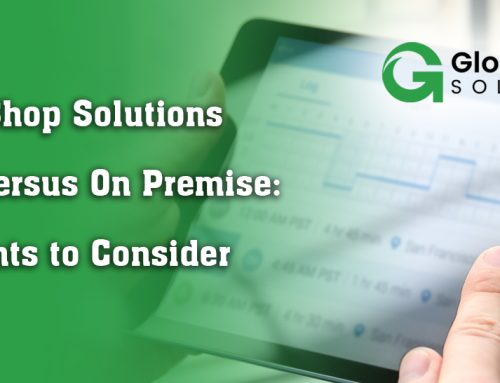
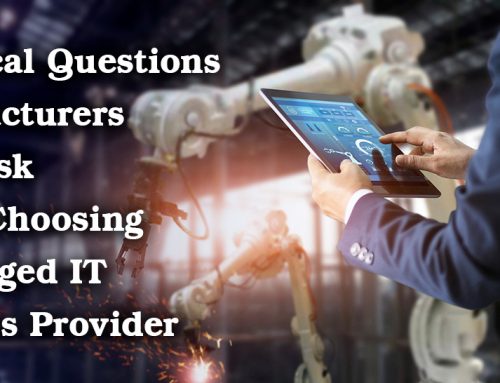
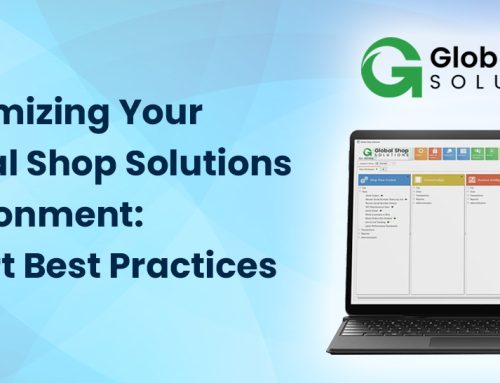
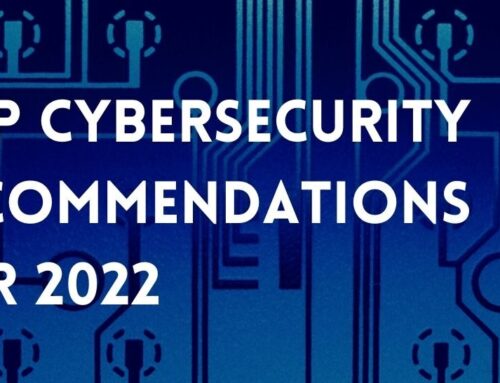
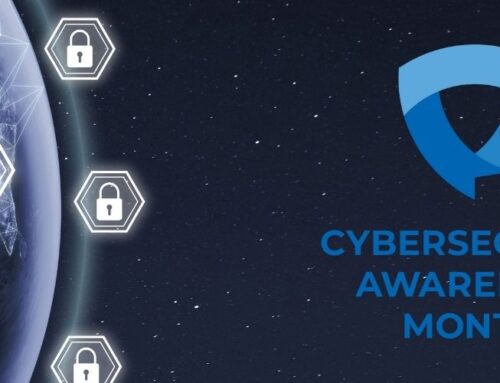
Leave A Comment